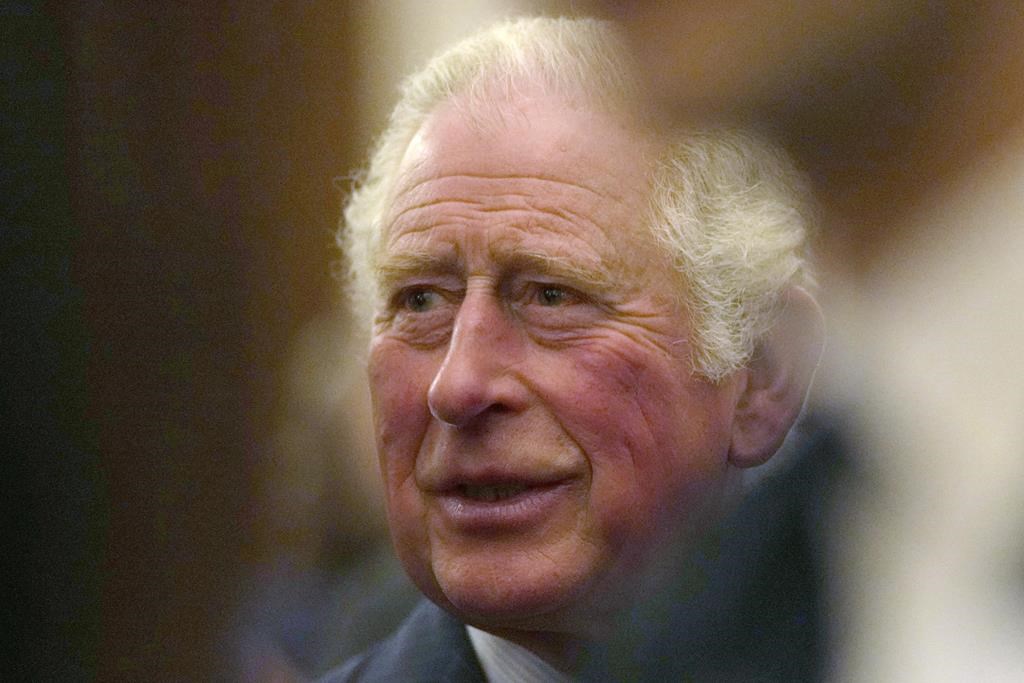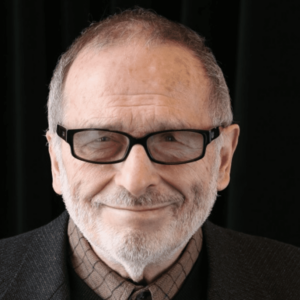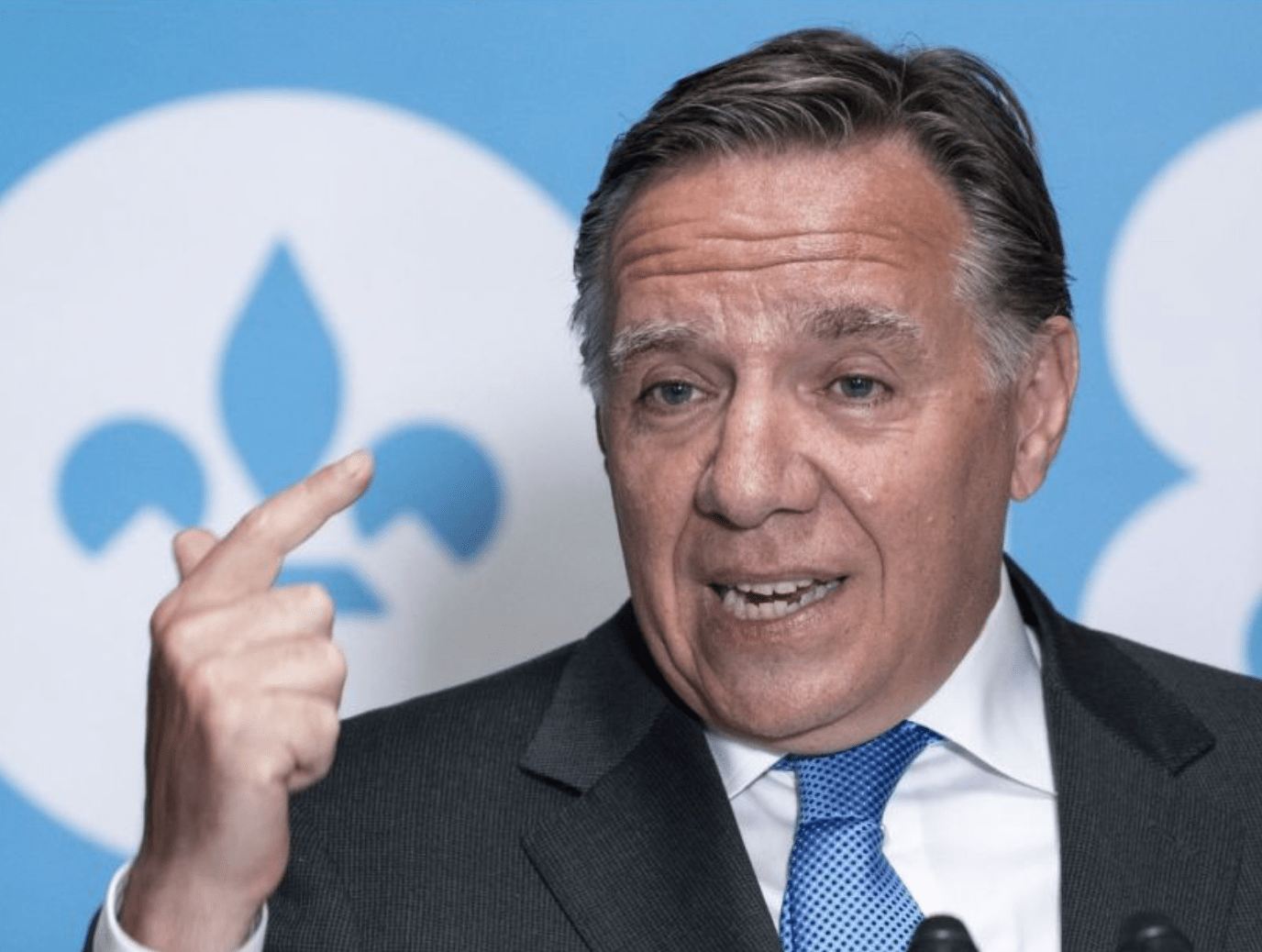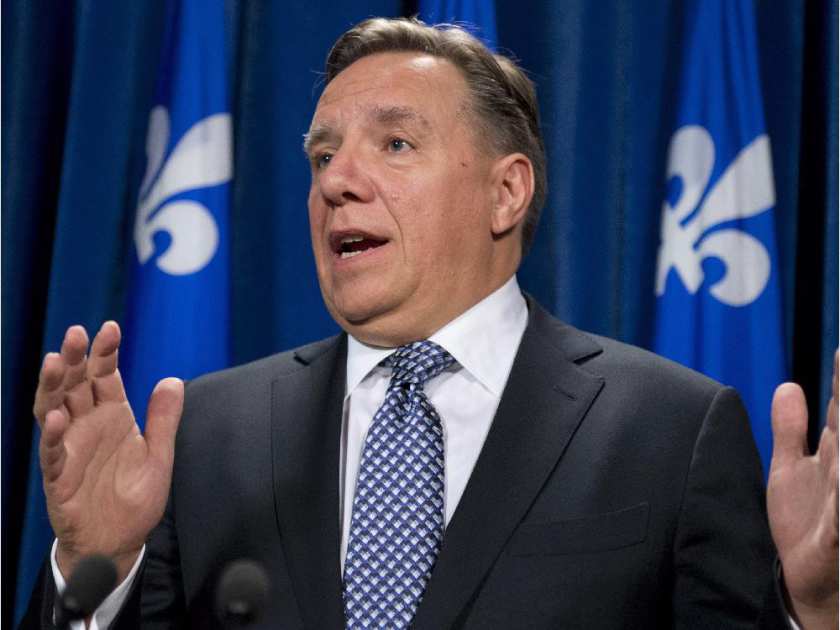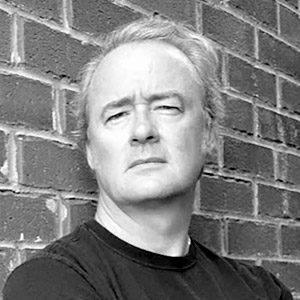Both stalwart Canadian monarchists and anti-monarchists (republicans with a very small r?) had reasons to complain about the federal government’s approach to the recent May 17-19 Canadian visit of Prince Charles and Camilla.
Monarchists could say that Justin Trudeau’s Liberal government had planned a short and low-profile royal itinerary, not likely to boost popular support for a future King of Canada.
At the same time, those ardent democrats who want to see the end of the monarchy in Canada could equally object to Prime Minister Trudeau’s personal attitude to the royal visit.
Two recent polls from the Angus Reid Institute — in November 2021 and April 2022 — have suggested that Queen Elizabeth II remains widely admired in Canada.
But they also suggest a full two-thirds majority of Canadians do not support carrying on with the monarchy under King Charles, after his 96-year-old mother unhappily passes on.
Even so, as explained by Newsweek magazine in the USA : “Despite these polling numbers, Trudeau has announced that he believes the issue is not something that Canadians are ‘preoccupied’ with.”
Newsweek went on: “In order for the country to remove the queen or successive monarchs from Canada’s governance structure, it is believed the process would require a series of alterations to the country’s constitution.”
And PM Trudeau has “told reporters: ‘When I hear from Canadians about the things they’re preoccupied about, and the things they want their governments to work on, it’s not about constitutional change.’”
(Note also that PM Trudeau II first met Queen Elizabeth II when he was five years old — something both he and the Queen seem to remember warmly.)
So the Canadian federal government will not be looking into the future of the monarchy any time soon. Many who work in and around Ottawa also seem understandably happy to leave things as they are.
Yet if the past few decades are any guide the current two-thirds of Canadians who don’t believe in the monarchy’s future after Elizabeth II’s reign will only grow larger.
And if Canada is going to have any real future as what the Constitution Act, 1982 alludes to as a “free and democratic” country in its own right, it cannot forever continue its crypto-colonial relationship with a monarch across the seas.
In the gentle wake of Prince Charles and Camilla’s 2022 visit, some non-government actors concerned for the long Canadian future should start publicly debating the “series of alterations to the country’s constitution” that the end of the monarchy in Canada will finally require.
The trouble starts with the Constitution Act, 1982 (itself the result of a federal-provincial political process, and still not formally agreed to by the Government of Quebec).
This requires that any constitutional amendment in relation to “the office of the Queen, the Governor General and the Lieutenant Governor of a province” must be “authorized by resolutions of the Senate and House of Commons and of the legislative assembly of each province.”
The federal government and the governments if not exactly the legislative assemblies of all 10 provinces (and leaders of several Indigenous organizations) did agree to the proposed constitutional amendments in the Charlottetown Accord of 1992.
This Accord was finally defeated in popular referendums, not by any failure of provincial governments to agree on the future of the country. But of course getting all 10 provinces to agree on anything is bound to be a challenge.
Then just what replaces the present “constitutional monarchy” that what we now call the Constitution Act, 1867 places at the “dignified” as opposed to “efficient” heart of the Canadian confederation created in 1867?
This ought to be far less trouble than often claimed. The path ahead has already been blazed by such other former self-governing British dominions as Ireland and India.
The biggest trouble in the “series of alterations to the country’s constitution” may involve the extent to which the Constitution Act, 1867 — a document tailor-made for the now vanished first self-governing dominion of the global British empire — needs to be changed.
In any case there is no doubt a long journey ahead. It makes sense to begin with something more manageable.
The present Canadian citizenship oath, for example, includes swearing allegiance to the Queen and “Her Heirs and Successors.” Australia has had a citizenship oath that makes no reference to the monarchy since 1994. We could have something similar in Canada with an ordinary act of the federal parliament.
That could also start some democratically elected Members of Parliament thinking about the long journey to ending the monarchy in Canada, as the present two-thirds of Canadians who do not want to carry on with the institution after the reign of Queen Elizabeth II continues to grow.





